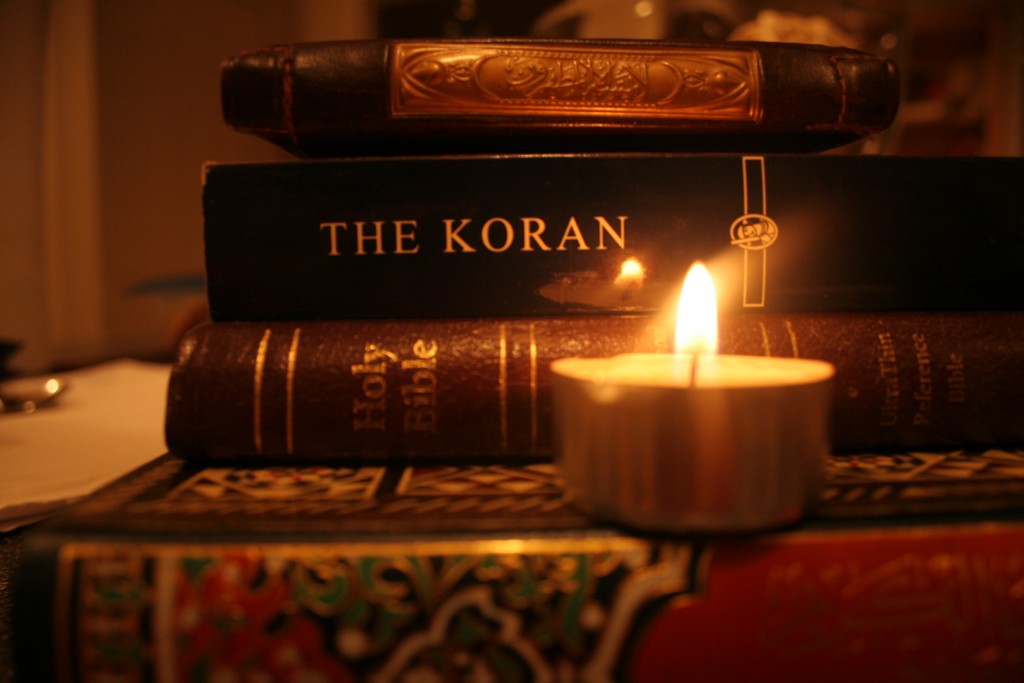Calling out Trump’s racist views, critics stand in solidarity with ESPN anchor
By Julia Conley, staff writer for Common Dreams. Published 9-15-2017
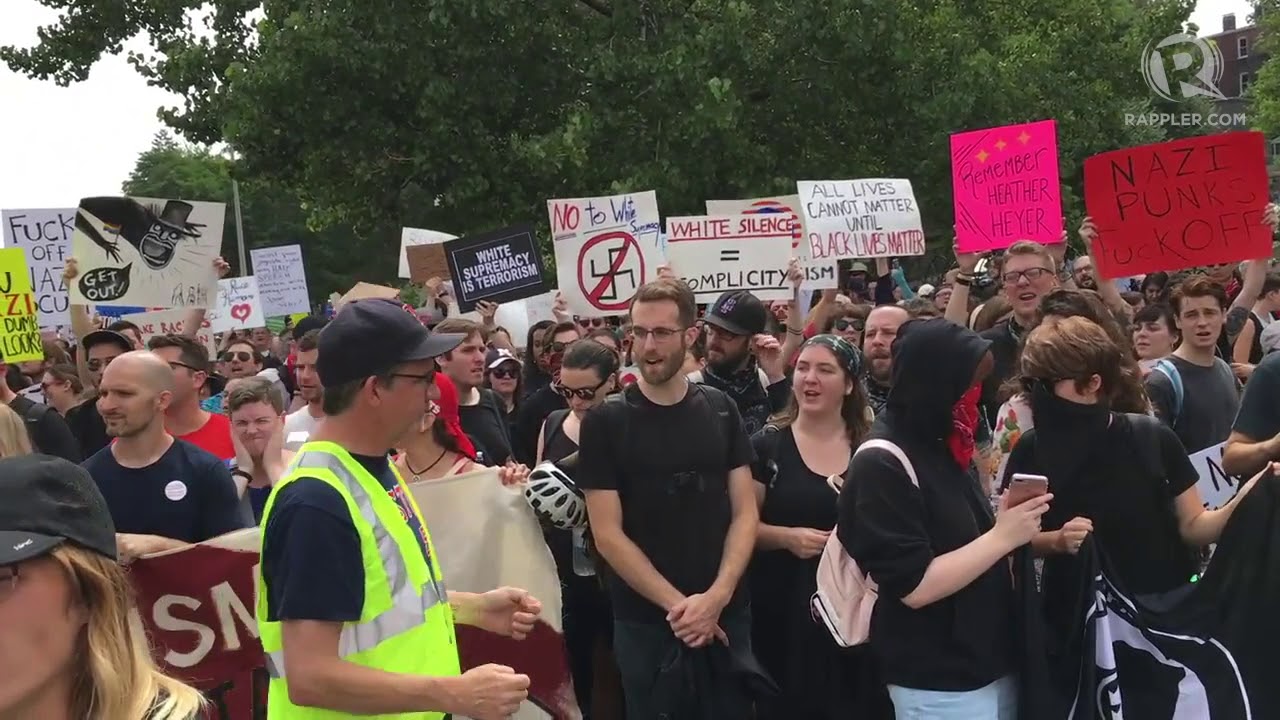
Protest rally in Boston vs ‘white supremacy’. Photo: YouTube
In a display of a solidarity with the black female ESPN sportscaster under attack by the White House for calling out President Donald Trump as a “white supremacist” earlier this week, the hashtag #NaziBucketChallenge was going viral on Friday as people from all walks of life waited to see if they would receive the same kind of harsh treatment for criticizing the president publicly.
I am a 65 year old white lady and I am calling Trump a White Supremacist.
Anyone else? https://t.co/PzUVvyIR9t
— Ruth Ann (@Fairy_Gmother) September 15, 2017
I am white middle aged soccer dad with two jobs and I can without a doubt say that Donald Trump is a white supremacist #NaziBucketChallenge
— PUNCHANAZI (@Brotherdustin) September 15, 2017
I’m a self employed small business owner and I know trump is a white supremacist #NaziBucketChallenge
— Paticake (@paticake35) September 15, 2017
I’m a goat farmer in rural Texas and I am comfortably reiterating that Trump is a white supremacist. #NaziBucketChallenge
— Blue Heron Farm (@BlueHeronFarmTX) September 15, 2017
I’m a grouchy, old, angry, white guy veteran and even I can see that Trump is a goddamn white supremacist a-hole. #NaziBucketChallenge 😡🖕
— chaplinlives (@chaplinlives) September 15, 2017
It all started on Monday, when ESPN anchor Jemele Hill called Trump a white supremacist on her Twitter account.
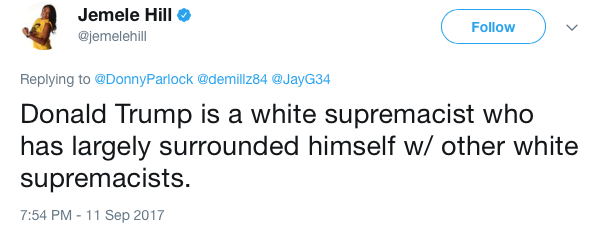
Jemele Hill Tweet
The controversy intensifed, however, after White House press secretary Sarah Huckabee Sanders publicly called for Hill’s firing during a White House press briefing on Wednesday.
Her tweet followed, among other examples, the firestorm surrounding Trump’s response to last month’s deadly white supremacist rally in Charlottesville, in which he failed to denounce the neo-Nazis who organized the gathering and insisted that counter-protesters were equally to blame for the violence that erupted.
The comments also came two weeks after Trump’s pardon of his longtime supporter Joe Arpaio, the former sheriff of Maricopa County, Arizona, who detained Latinos with no evidence of any wrongdoing and established a detention center that he compared favorably to a Nazi concentration camp.
The president’s former top strategist, Steve Bannon, also has well-established ties to white supremacists, having served as the executive director of Breitbart News both before and after his work with Trump.
Hill later deleted the tweet and clarified that the views she had expressed were her own and not her employer’s; ESPN said Thursday it had accepted her apology. But that didn’t stop Trump from wading into the controversy and demanding an apology from ESPN in an early-morning missive on Friday.
ESPN is paying a really big price for its politics (and bad programming). People are dumping it in RECORD numbers. Apologize for untruth!
— Donald J. Trump (@realDonaldTrump) September 15, 2017
A number of well-known Trump critics spoke out in solidarity with Hill—and challenged the White House to call for their dismissal as well.
I’m in television and I’m also calling President Trump a white supremacist. Anyone else?
— Michael Green (@andmichaelgreen) September 13, 2017
I’m a sports writing guy. I am also calling Trump a white supremacist. Come fire me, @SarahHuckabee. #StandWithJemele https://t.co/94eFf6Yvg8
— Dave Zirin (@EdgeofSports) September 14, 2017
From his history, performance & statements, Pres. Donald Trump is a white supremacist. Please alert HBO i need to be fired. Also, fuck off.
— David Simon (@AoDespair) September 13, 2017
I’m a mother/wife/other and I am calling Trump a White Supremacist.
Your turn! Ready? Go! https://t.co/ybO387cFsj
— Alyssa Milano (@Alyssa_Milano) September 15, 2017
Trump is a white supremacist. You gonna say I should be fired too @PressSec? #FIRESARAH
— Scott Dworkin (@funder) September 14, 2017
The campaign picked up speed following Trump’s statement on Thursday in which he repeated his views on the violence in Charlottesville, saying that there were “some pretty bad dudes” among the anti-racism counter-protesters. Everyday Americans began using the #NaziBucketChallenge hashtag, making it clear that Trump’s white supremacist views have been noticed by people of all races, religions, socioeconomic backgrounds, and genders.
This work is licensed under a Creative Commons Attribution-Share Alike 3.0 License


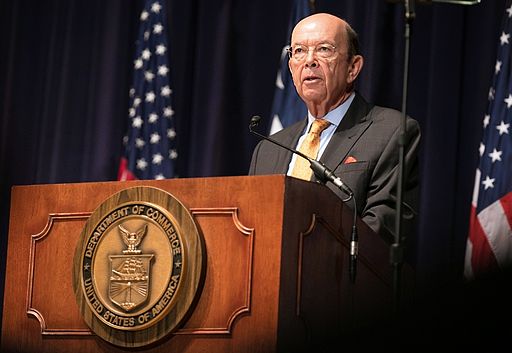
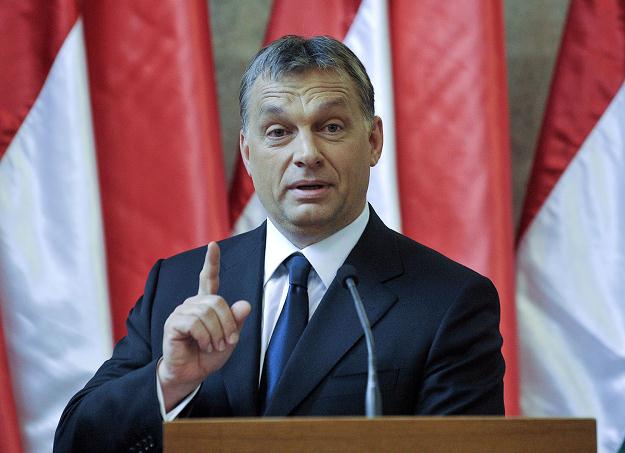
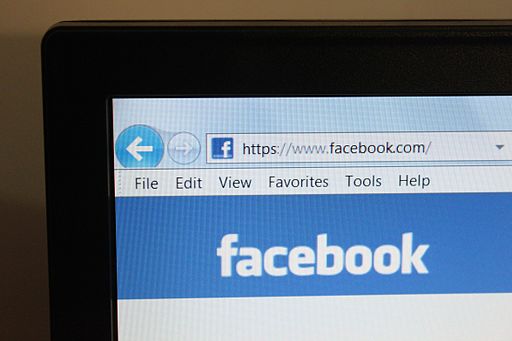
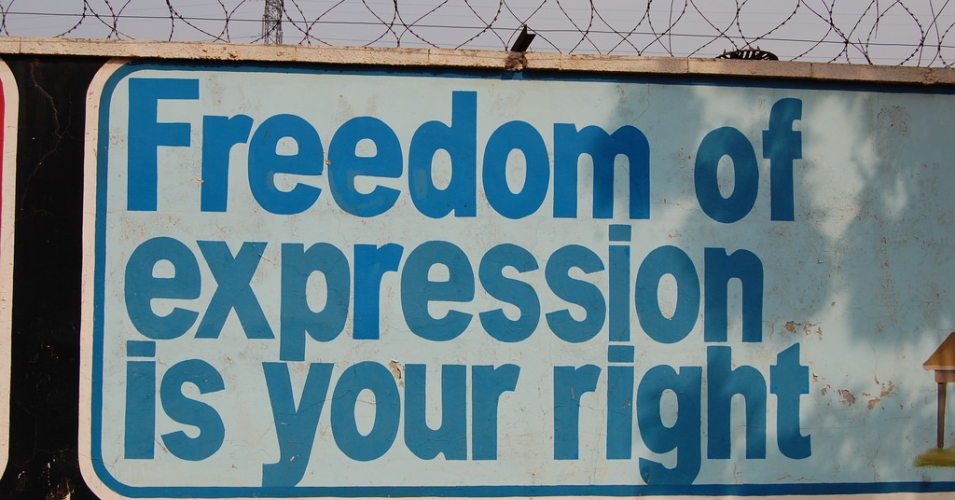

![Edward Snowden. Photo by Laura Poitras / Praxis Films [CC-BY-3.0 (http://creativecommons.org/licenses/by/3.0)], via Wikimedia Commons](http://occupyworldwrites.org/wp-content/uploads/2014/01/Edward_Snowden-248x300.jpg)
